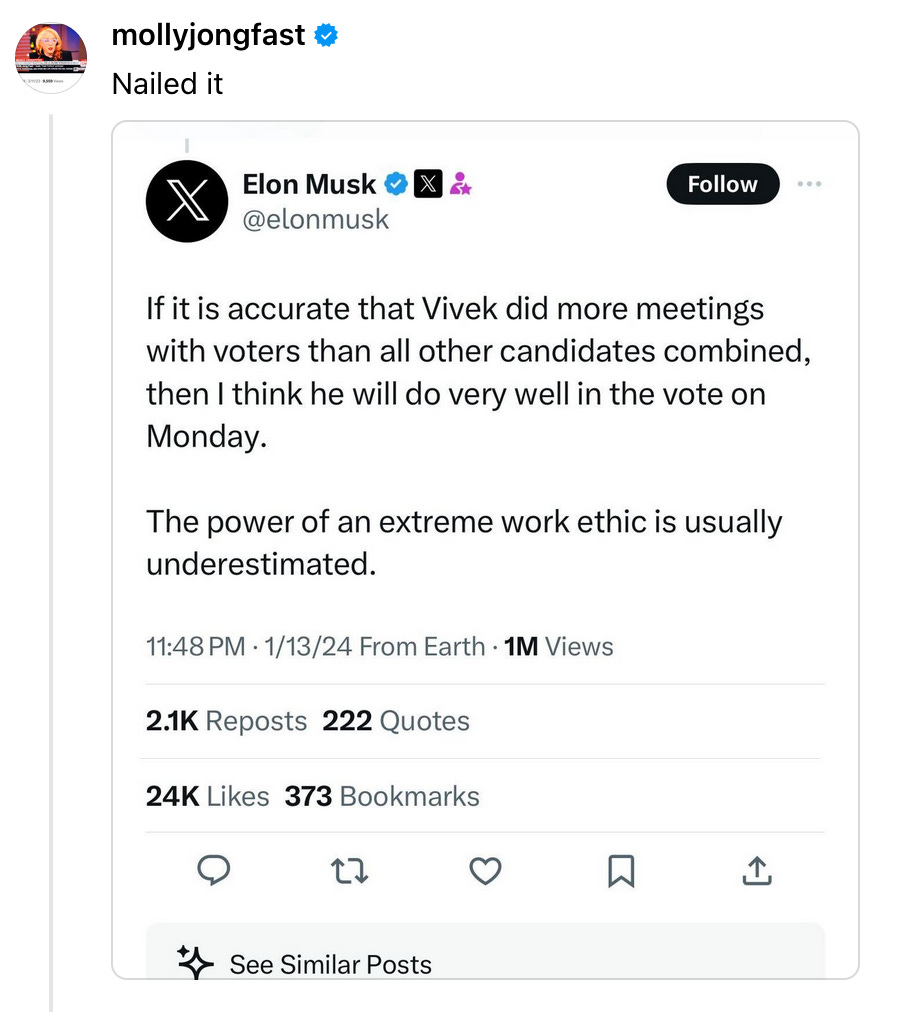Hmm...feed children or build more cruise missiles? Quite the dilemma, eh?
Thou shalt not kill Brown People in foreign lands- unless they really deserve it...or the President's poll numbers are down
Democracy is the art and science of running the circus from the monkey-cage.
H.L. Mencken, A Mencken Chrestomathy
America is a country that claims to LOVE babies and children, yeah? Democrats love them; Republicans love them; EVERYBODY loves them…except when it comes time to pay to feed, clothe, and care for them. Most parents can handle the burden…but what of those at the lower end of the socioeconomic scale? These folks might not be able to afford birth control. They might also not be able to handle the economic burden that a child created by not having adequate birth control has presented them.
Call it a penalty for poverty…and a way to ensure that those who are stuck in poverty remain there.
Of course, the standard Republican answer is, “If they couldn’t afford to have children, then they should have been having sex in the first place.” Right, as if denying a fundamental biological imperative is going to be top of mind when you’re horny and have a willing (and naked) partner.
Sex isn’t, and shouldn’t be, available only to those whose bank accounts are sufficiently padded.
Democrats at least understand the idea of the social contract and generally have no problem with creating a social safety net. After all, why penalize children for the socioeconomic instability of their parents? Never mind that almost every study has shown that feeding and caring for a child early will help stave off a raft load of problems as that child grows up.
So how does society not benefit by taking an interest and investing in the well-being of children? Most developed countries in the Western world have robust social programs to help at-risk children. This usually includes proper nutrition, clothing, healthcare, and education. At least when compared to defense budgets, the costs of such programs are relatively inexpensive, and such investments show benefits down the road.
Earlier this month, the city of Flint, Michigan, launched a first-of-its-kind program to help parents and alleviate early childhood poverty by instituting something of a UBI program for pregnant people.
Since January 10, mothers in the city have been able to register with RxKids, a program that will give them $7,500, no questions asked, not means tested — $1500 in the middle of their pregnancy and then $500 a month for the first year of the child’s life. This is about twice as much money as parents got with the expanded Child Tax Credit, which lifted almost four million children out of poverty until West Virginia Sen. Joe Manchin decided (literally) that parents would use the money on drugs and ruined it for everyone. (BREAKING, which we can’t wait to get to soon: The Senate and the House budget chairs just agreed to another expanded child tax credit. CNN calls it “a longshot,” but this is absolutely joyous news.)
In 2015, the US Department of Agriculture determined that a child will cost the average two-parent household between $9,300 and $23,380 a year. $7,500 cuts into a fairly large chunk of that, making it far more financially manageable for people to start families and to ensure that children are getting what they need.
Because the program is universal, it has less of an up-front cost. Most government programs that involve pay-outs are means tested. This involves civil service employees who must ensure applicants meet specific income-related guidelines. That process can be time-consuming and places the burden of proof on the applicant.
What happens if the applicant can’t produce the proper documentation? Are they disqualified? Are people who’d otherwise deserve to be included then excluded because of a lack of required paperwork? The process can become a boondoggle and a bureaucratic nightmare that needlessly delays benefits from those who might otherwise be deserving.
Making it universal removes the question of someone getting a “something for nothing” benefit that someone else isn’t. Everyone benefits, which also makes it easier to track the program’s effectiveness.
The fact that it’s universal is particularly smart. Means-testing makes people feel good — it rids them of the terror of money going to the undeserving. Means-tested programs are very often more complicated and thus often actually more expensive than universal programs because they require so much more administrative work. Were this programs means-tested, you would need people to do the work of determining eligibility for the initial $1500 payout and then again every month for the whole first year of the child’s life. With 1200 new babies born in Flint every year and the vast majority of households making less than the local living wage for those with one child — and with almost 70 percent of kids in the city living in poverty — means-testing would make the program considerably more expensive and unwieldy.
A universal program is less expensive, is easier to implement and doesn’t require families who participate in the program to file paperwork every month or weigh whether or not they can afford to take better jobs or even accept raises. After all, the whole point of the program is to alleviate stress, not to cause it. The fact that it’s a lump sum of cash rather than coming in the form of vouchers is also good, because families have different needs, and parents are the ones best suited to decide how that money can best benefit their children. After all, conservatives love parents’ rights, don’t they?
Yeah, so it’s “Big Government Overreach,” right? Conservatives outside Flint can bitch and moan about how 70% of the children in Flint are living in poverty and we can’t save everyone, so why are we giving everyone free money?
Or will that bitching and moaning merely be about the fact that government largesse is going to assist minorities on the lower end of the socioeconomic scale?
We could look at it another way, though. Who wouldn’t benefit from having more money? If you’re living in poverty, wouldn’t paying a few more bills be nice? Perhaps buying more and higher quality food? Or not having to make the monthly gut-wrenching choice between rent and electricity?
Wouldn’t it be nice to live with less stress? Since the money comes as a lump sum, each family can use it where it’s most needed. No government official is going to tell them where to spend it. The assumption is that parents will know how to spend the money to maximize the benefit to their children.
No one questions the Pentagon about the more than $2 BILLION in tax money that rolls through the front door every day, so why question a family over $7500 spread over a year?
Bridge Michigan reports that “critics say Michigan shouldn’t spend tax dollars without tracking how they’re spent,” but tracking how they are spent also means more administrative costs. If the big fear is that people are going to take that money and spend it on drugs while they starve their children to death — well, that’s child abuse and it is dealt with in a much different way and should be dealt with whether they are getting $500 a month or not.
It feels necessary to note that this is happening in a state in which abortion is legal, not in any of the states forcing people to have children against their will. Reproductive justice involves much more than just the ability to have an abortion — it’s also about the ability to have children if that is what one wants.
It should be noted that Michigan is a state where Democrats have regained control from Republicans, who were well on their way to turning the state into an example of how badly Republican policies can, will, and do fail when allowed free rein.
Not to be base, but’s it’s also a really freaking smart move to make, electorally speaking, for Democrats in the swing state. Programs that directly impact people’s lives, that they don’t want taken away, are usually a pretty good way to get them to the polls — especially when Republicans want to take those things away.
As early nutrition can have lifelong impacts on physical and psychological health, as well as cognitive abilities, this is actually something we all benefit from, whether we have children or not. Not to be all “we live in a society!” but, you know, we do live in a society. We have to live with and rely on other people, so we should all want them to be as undamaged as humanly possible, especially in early childhood.
If this program works out well — it’s funded to last five years — it could spread into other parts of Michigan as well as other cities around the country[.]
Universal basic income has been something that Democratic Socialists like Sen. Bernie Sanders (I-VT), Rep. Alexandria Ocasio-Cortez (R-NY), and others have tossed about for years. If it works as intended in Michigan, there may be momentum for introducing such a program as a bill in Congress. This is a particularly inviting prospect if Democrats do well in November.
Republicans will, of course, bleat at some considerable length about the cost and “SOCIALISM!!!” That’s to be expected, and it should also be dismissed as so much pointless noise from the “loyal” opposition, which knows but one word- “NO!”
I’ve probably said this a thousand times, but if we can afford to conduct two far-flung wars simultaneously, we can afford a universal basic income program. The defense budget will dwarf a UBI program by several orders of magnitude…but then a UBI program will never be used to bomb rebel military camps in Yemen.
I’ve always believed that the government's first responsibility is to care for those it governs. They can prioritize that AND continue to bomb the shit out of the Middle East, and there would be no conflict between the two.
Besides, what would it say about a country if our actions were to make it clear that we prioritize destroying life and property in foreign lands over caring for our own here at home?
Do you mean like we do now? Yeah, it would be pretty much business as usual, don’tchathink?
For the poor shall always be among us, so you might as well go ahead and buy a few more cruise missiles….
(All of my posts are now public. Any reader financial support will be considered pledges- support that’s greatly appreciated but not required to get to all of my work. I’ll trust my readers to determine if my work is worthy of their financial support and at what level. To those who do offer their support, thank you. It means more than you know.)











You know, people like this are just so blindingly wrong. This post reminds me of a conversation I had last year with a guy who opined that instead of "wasting" money on Ukraine, we could be spending it on problems here in America. There's 2 primary things wrong about this proposition. 1st, these problems existed well before Russia invaded Ukraine, so why didn't we spend the money to fix them? The answer is because there was not enough political will to do it. There appears to be some now, so hopefully the proposed UBI legislation will pass, it needs to. But the point is that our social problems exist at least in part because of a lack of will, not a lack of money, which means, just as you've noted, that we can do things like fund Ukraine's fight against Russia, AND provide financial support to Americans that need it. 2ndly, although it's not widely known, almost every dollar spent on assisting Ukraine is spent right here in the US. The way Ukraine support works, is that the money allocated goes to arms factories in America where new munitions and weapons are produced, and existing, older munitions and weapons are sent to Ukraine. This does 3 things; it gives good paying jobs to Americans boosting our economy, it replenishes our weapon stocks with up-to-date material, and it supports Ukraine, which is fighting a war against an authoritarian aggressor, so that we don't have to. It's a win-win trifecta, and more people should be made aware of this so that we don't lose support for Ukraine spending, because besides helping Ukraine it's helping us too.
"Because the program is universal, it has less of an up-front cost. Most government programs that involve pay-outs are means tested. This involves civil service employees who must ensure applicants meet specific income-related guidelines." -- Damn. This is one of those things that is just so blindingly obvious that it never occurs to you until someone else mentions it.
Of course it is the administrative costs. This is where most of American "health care" spending goes. The VA basically eliminates it with a single, uniform system across the entire VA. In other contexts, its called "single payer healthcare."
But the eliminatioin of administrative costs in UBI simply never occurred to me until you shared the idea here. Thanks for this!